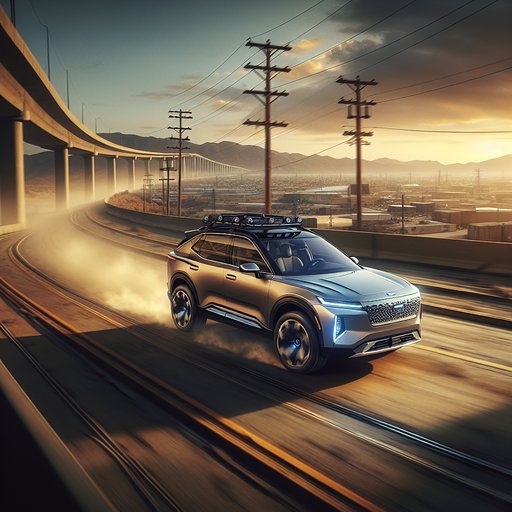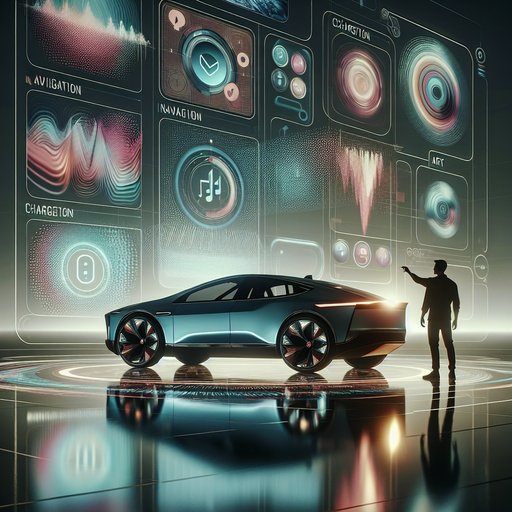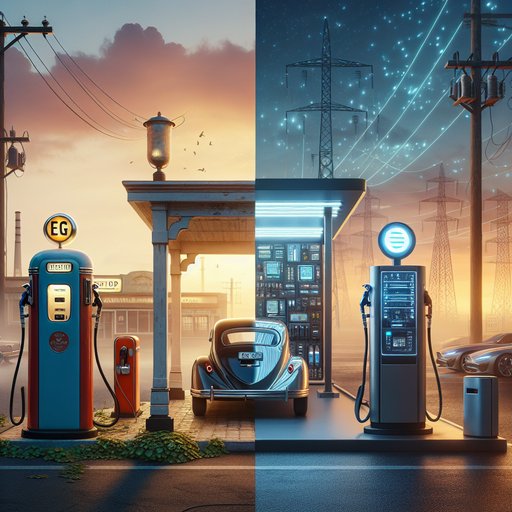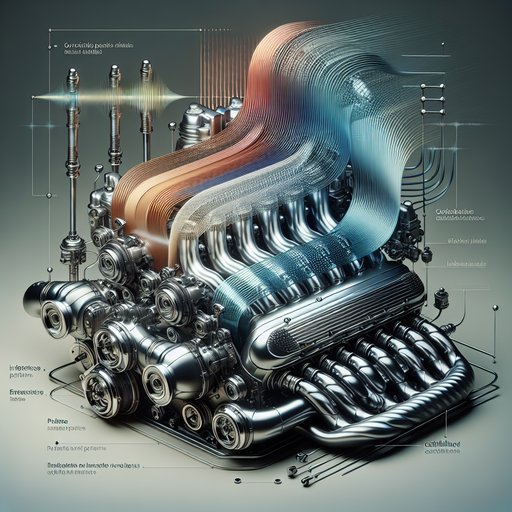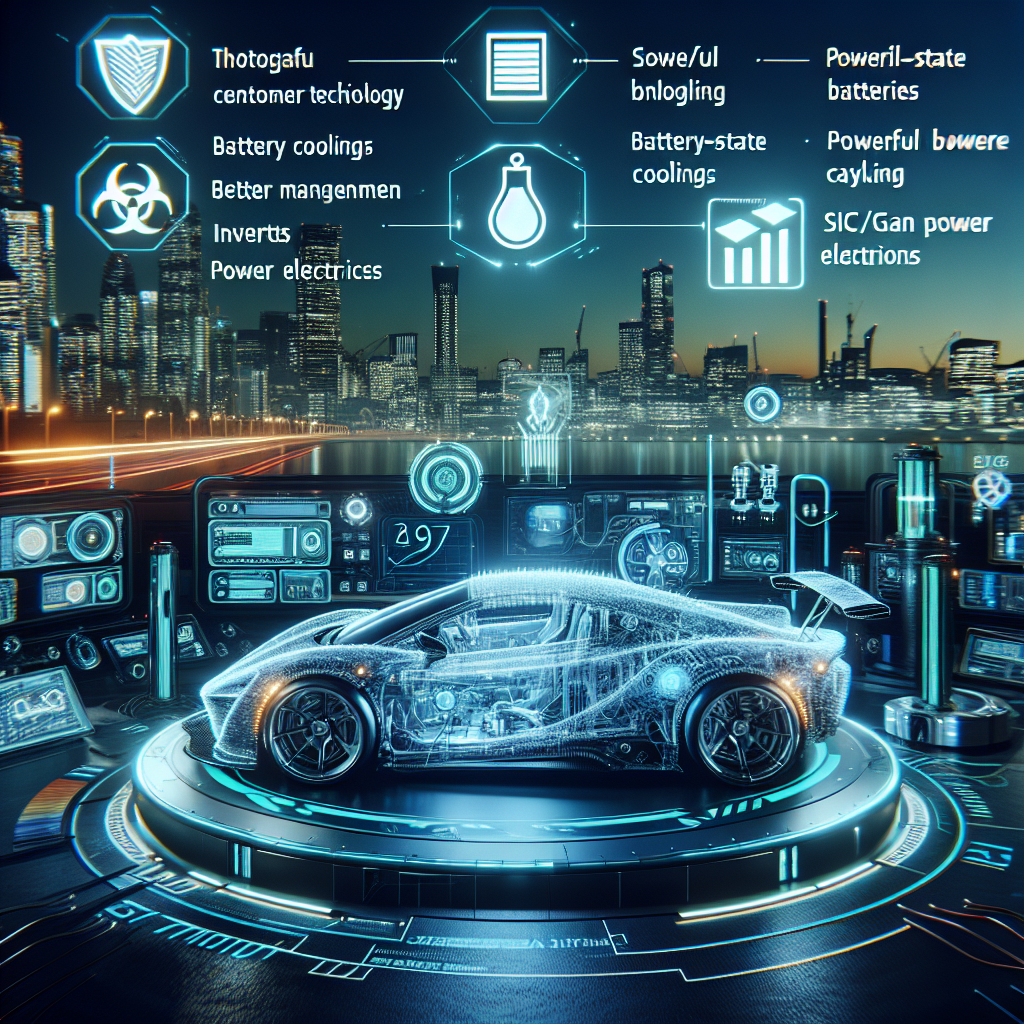
The automotive industry is witnessing significant developments in thermal management and battery technology, with both Formula 1 and consumer electric vehicles seeing major innovations. While F1 grapples with new cooling solutions for drivers, electric vehicle manufacturers are making substantial progress in battery technology and charging capabilities, setting the stage for the next generation of sustainable transportation.
Formula 1 is breaking new ground in driver cooling technology, as the FIA has issued its first-ever 'Heat Hazard' warning for the Singapore Grand Prix [1]. However, the proposed cooling vest plan for 2026 has faced criticism from current champion Max Verstappen, who called the initiative "ridiculous" [2].
In the electric vehicle sector, Polestar is making significant strides with its 2026 model year updates. The Polestar 3 will feature advanced 800-volt charging architecture and increased power output, representing a major technological upgrade for the brand [3].
A groundbreaking partnership between QuantumScape and Corning is accelerating the development of solid-state batteries [4]. QuantumScape is building a strong foundation of partnerships to commercialize solid-state battery production, marking a significant step forward in advanced energy storage technology [5].
- F1 drivers explain the good, the bad and the ugly of cooling vests
- Verstappen slams "ridiculous" F1 cooling vest plan for 2026, FIA responds
- 2026 Polestar 3 Gets 800-Volt Charging, More Power, and Major Tech Upgrades
- The Solid-State EV Battery Race Heats Up As Corning & QuantumScape Join Forces
- QuantumScape (QS) is building a foundation of partners to commercialize solid-state battery production


